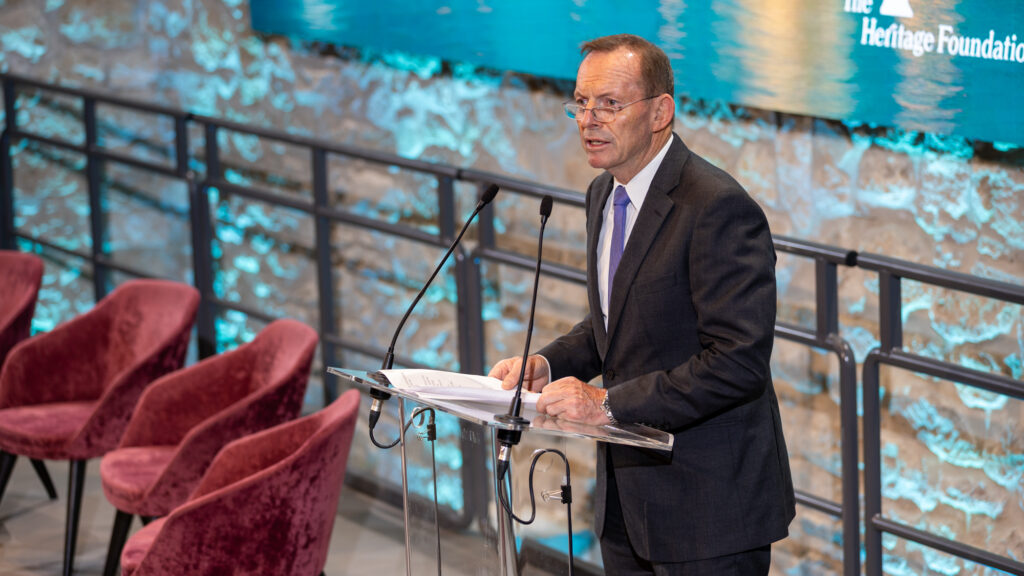Muslims throughout the world are observing the last days of their sacred month of Ramadan in which they are to forego food, drink, even water from dawn to dusk. They are also expected to congregate in mosques to recite the Quran and special prayers to emphasize the values of charity and generosity. Yet while all Muslims are to observe peace, leaders of ISIS and other jihadists, like Jaish al-Adl have often called for violence to commemorate Ramadan with holy war against ‘disbelievers’.
One of the terrorist acts committed by Islamists during this Ramadan, which hardly received media coverage, occurred over a week ago on a Sabbath morning in the Israeli village of Adora. Three Muslims disguised as Israeli soldiers entered the town situated in the Judean Mountains and shot dead four people, including a five-year-old Jewish girl.
Many Muslim scholars and other apologists who argue that the murder of innocent people committed by jihadists in the name of Islam was never ordained by their prophet cite the Quranic verse: ‘If anyone slays [kills] a person, it would be as if he slew the whole people, and if anyone saved a life, it would be as if he saved the life of the whole people.’
What is misleading about this is that this passage, as presented, does not exist anywhere in the Quran. It is, instead, a distorted version of verse 32 of the fifth sura, which states:
‘For that cause, We decreed upon the Children of Israel that whoever kills a soul unless for a soul or for corruption [done] in the land—it is as if he had slain mankind entirely. And whoever saves one—it is as if he had saved mankind entirely. And our messengers had certainly come to them with clear proofs.’
As I explain in my book Islam: Religion of Peace?: The Violation of Natural Rights and Western Cover-Up, the ordinance is in reference, as per the preceding verses, to the killing of Abel by his brother Cain. Verse 32, which begins with ‘for that cause’ ([reason], min ajli dhaalika), meaning ‘for the reason Cain killed Abel’, is followed by the decree given to ‘the Children of Israel‘ (i.e., ‘people of the Book‘: the Jews) who, according to Muslims, received an earlier set of scriptures. Effectively speaking, this is applied to
Muslims who as the new chosen people should not kill other Muslims.
The verse likewise sanctions killing as an act of vengeance against those who kill or cause disharmony in the umma. Based on the two verses that follow (33–34), what appears on the surface to be a peaceful message is in reality a warning:
‘Indeed, the penalty for those who wage war against Allah and His Messenger and strive upon earth [to cause] corruption is none but that they be killed or crucified or that their hands and feet be cut off from opposite sides or that they be exiled from the land. That is for them a disgrace in this world; and for them in the Hereafter is a great punishment; Except for those who repent before you apprehend them. And know that Allah is Forgiving and Merciful.’ (Sura 5, 33–34)
Ibn Kathir upholds this position. Referring to the early commentator Sayid Ibn Jubayr (who lived at the time of Prophet Muhammad and was a companion of Aisha): ‘He who allows himself to shed the blood of a Muslim, is like he who allows shedding the blood of all people. He who forbids shedding the blood of one Muslim, is like he who forbids the blood of all people.’
The jurist and historian Muhammad Ibn Jarir al-Tabari (839–923) and the thirteenth century sharia scholar Muhammad al-Qurtubi both concur that the intended meaning of verse 32 refers to the killing of a soul of particular spiritual importance, such as a prophet or a ‘just imam’, or it stems from the point of view of the murdered individual.[1]
It is quite apparent that the pseudo-verse 32 as presented by apologists is misleading because it is not just out of context, but it is deliberately abbreviated in order to deceive those not familiar with the Quran, to say nothing of the hadiths that encourage violence:
‘Allah’s Apostle said: ‘‘The Hour will not be established until you fight with the Jews, and the stone behind which a Jew will be hiding will say. O Muslim! There is a Jew hiding behind me, so kill him.’’’ (Sahih al-Bukhari 52, 177)
The verse in its entirety implies that when someone incites sedition or commits murder, killing him is justified.
In the eyes of Muslims, all non-Muslims who do not submit to Allah’s teachings as proclaimed by the Prophet are ‘spreading corruption’ and must be eliminated. They are considered to be outside of the fold and not innocent (i.e., a threat to the Islamic community) and therefore can be seen as enemies of Islam, whereby they can become legitimate targets to be killed:
‘The Jews say: ‘‘Ezra is the son of Allah’’; and the Christians say: ‘‘The Messiah [Jesus] is the son of Allah’’. That is their statement from their mouths; they imitate the saying of those who disbelieved [before them]. May Allah destroy them; how are they deluded?’ (Sura 9, 30)
This, however, does not apply to Muslims, for killing another (innocent) Muslim would be synonymous to killing all humankind.
Thirty-five years ago Archbishop Marcel Lefebvre, in what was a chilling warning, foresaw events, such as the terrorist act in Israel on 7 October. He said: ‘…your wives, your daughters, your children. They will be kidnapped and taken to places like that famous place, like Casablanca, Meknes [in Morocco] and all places like this and you won’t be able to get them back…’
Archbishop Marcel François Lefebvre warning about islam
“For as long as Moslems are an insignificant minority in a Christian country they can live in a friendly way, because they follow the laws and customs of the country which accepts them. But as soon as they are numerous and organized they become aggressive and they seek to impose their laws, which are hostile to European civilization.
Naturally, not all Muslims observe this and, in fact, especially the secular ones refute such a command. And, in my numerous trips to Islamic countries, I have encountered Muslims of good character. Nevertheless, there is a reason why Winston Churchill once wrote:
‘Individual Moslems [sic] may show splendid qualities, but the influence of the religion paralyses the social development of those who follow it. No stronger retrograde force exists in this world.’[2]
[1] The Study Quran, Seyyed Hossein Nasr. (ed.), New York, HarperOne, 2015, p. 292.
[2] Winston Churchill, The River War, Vol. II., London, 1899, reprinted by Renaissance Classics, 2012, p. 250.







